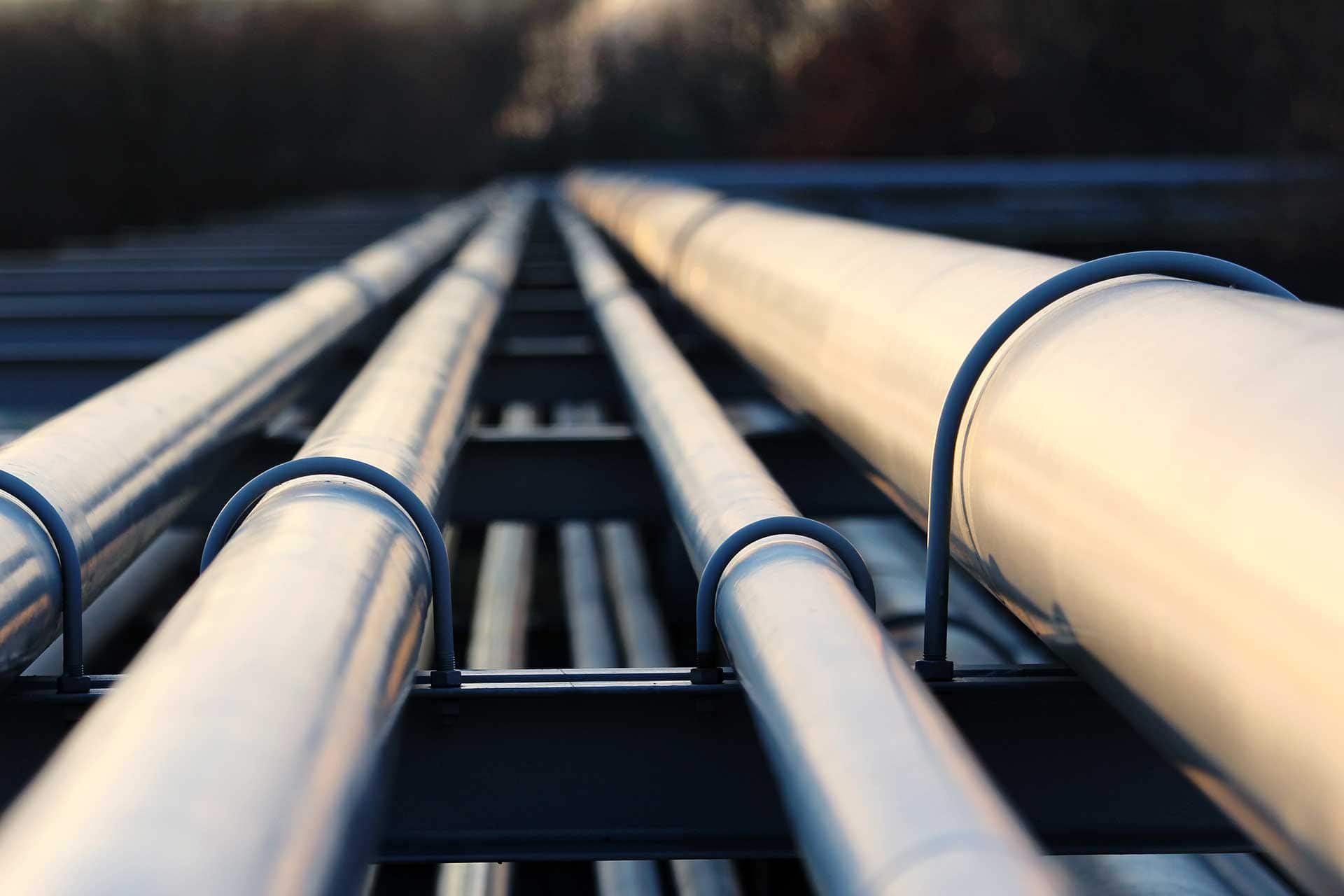Featured Topics
Featured Products
Events
S&P Global Offerings
Featured Topics
Featured Products
Events
S&P Global Offerings
Featured Topics
Featured Products
Events
S&P Global Offerings
Featured Topics
Featured Products
Events
Our Methodology
Methodology & Participation
Reference Tools
S&P Global
S&P Global Offerings
S&P Global
Our Methodology
Methodology & Participation
Reference Tools
S&P Global
S&P Global Offerings
S&P Global

S&P Global Energy Special Reports address a range of topics affecting energy and commodity markets, from oil, fuels and shipping to energy transition, agriculture and chemicals.

Chemical markets did their best to weather a storm of uncertainty in 2025, as global overcapacity, concerns over consumer demand, and tariffs and other trade barriers, often implemented at short notice, combined to create a challenging and changing landscape.
The market enters 2026 still battling these headwinds, unsure of what obstacles and opportunities the new year will bring. In this report, S&P Global Energy examines how key chemical markets will confront capacity rationalization, shifting trade flows, and macroeconomic uncertainty in 2026, and what these developments mean for the pursuit of sustainability.

The global oil and gas industry in 2025 found itself at a pivotal juncture, navigating a landscape shaped by evolving market dynamics, technological advancements, and shifting strategic priorities. Despite a continued decline in overall exploration activity, the sector remained steadfast in its commitment to building high-quality portfolios. This strategy still does leave opportunities to grow via the drill bit, especially in the form of High Impact Wells (HIWs).

In 2026, the upstream oil and gas sector stands at a strategic crossroads, where financial discipline, technological innovation, and shifting global dynamics are converging to reshape the industry’s future. Large-cap companies with strong balance sheets and scale are emerging as leaders, driving a flight to quality and accelerating consolidation, while national oil companies (NOCs) recalibrate their international ambitions. Read the report to discovery the key markers for the year ahead

S&P Global Energy Horizons Top Trends for 2026 highlight how energy expansion and sustainability are linked imperatives for the global energy future. Read the report to explore the biggest drivers that will shape the sector in the coming year, from AI-driven demand and grid bottlenecks, to evolving procurement strategies, scaling technologies for hard-to-abate sectors, rising costs of climate risk, and more.

The 30th UN Climate Change Conference in Belém, Brazil, will serve as a critical test of global climate momentum, with geopolitical and trade tensions dominating headlines in 2025. Looking ahead to COP30 in Belém, the focus will shift from setting new targets to evaluating whether current commitments are ambitious enough and can actually be implemented.

As governments monitor inflation, it’s food prices that worry them the most. In India, everyone is a rice trader in a sense, stocking up when they anticipate that a late start to the monsoon season will reduce yields.
Rice is one of the new sections for this second edition of the Atlas of Food, where we have also updated the price history for wheat, corn, soybeans, chicken, beef and pork.
This edition has a new section on the largest category of animal protein seafood. Aquaculture has massively expanded the supply of species such as shrimp, which Platts assesses.
Fertilizer is usually farmers’ largest input cost. A third new section shows its main forms and price drivers.